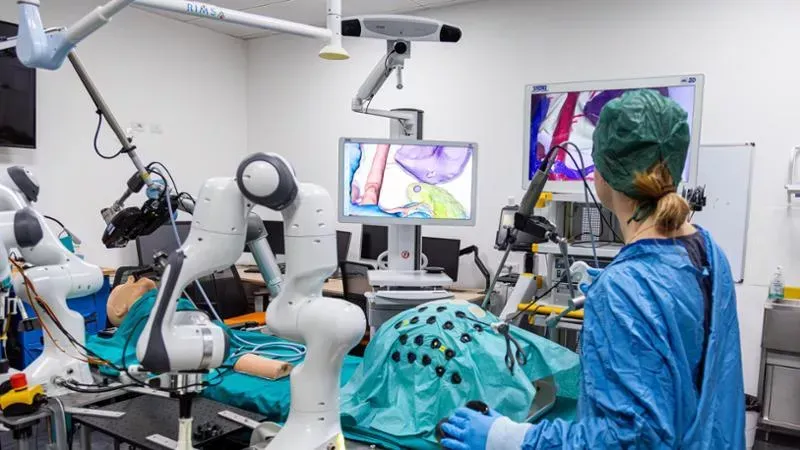Artificial intelligence (AI) is poised to revolutionize the medical field, offering unprecedented advancements in diagnostics and treatments through its ability to analyze vast datasets quickly and detect intricate correlations. A prime example of this transformative potential is the AirCare project, a cutting-edge initiative funded with €8 million by the Horizon Europe program and spearheaded by the Istituto Italiano di Tecnologia (IIT) in Genoa, Italy. This ambitious project aims to redefine the diagnosis and treatment of upper aero-digestive tract cancers, which are among the most prevalent and challenging to treat.
Enhancing Diagnostics with AI
One of the AirCare project’s primary goals is to improve diagnostic precision while minimizing patient discomfort. During endoscopic examinations, AI algorithms provide physicians real-time feedback, enabling quicker identification of suspicious lesions. This innovation reduces the reliance on invasive biopsies, expediting the diagnostic process and improving patient outcomes.
A New Era in Surgery
The project’s surgical advancements are equally groundbreaking. A robotic platform, integrated with a detection probe, is being developed to identify and excise diseased tissue with exceptional accuracy. This approach ensures that surrounding healthy tissues remain unharmed, marking a significant leap forward in minimally invasive surgery. By combining precision with innovation, the AirCare project promises to enhance the efficacy of laser surgery, offering new hope for patients battling these complex cancers.
Pioneering Leadership and Collaboration
Under the leadership of Leonardo De Mattos, head of IIT’s Biomedical Robotics Laboratory, the AirCare team is developing this advanced system's software and hardware components. The adaptability of the technology is a key feature, as its software can be seamlessly integrated into existing medical devices. This ensures that AI-enhanced endoscopy can be adopted by a wider range of hospitals, democratizing access to state-of-the-art diagnostic tools.
Promising Early Applications
Clinical studies are underway to explore early cancer detection based on patient data at the Ospedale Policlinico San Martino in Genoa, a partner in the AirCare project. The surgical application of this innovative technology is expected to become operational in the coming years, heralding a new chapter in cancer treatment.
A Vision for the Future
The AirCare project exemplifies the immense potential of AI in transforming healthcare. By streamlining diagnostics, enhancing surgical precision, and broadening accessibility, this initiative underscores the critical role of AI in tackling some of medicine’s most formidable challenges. As the project advances, it offers a compelling vision of a future where technology and medicine converge to improve and save lives.
